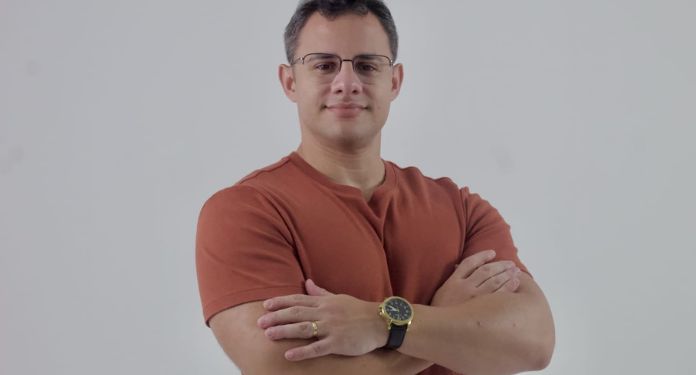The Brazilian Company for Supporting Compulsive Gamblers (EBAC) has entered into an unprecedented partnership with digital influencer Daniel Fortune. This collaboration marks the beginning of an expansion of EBAC’s operations on the iGaming affiliate platform.
Daniel Fortune has established himself as a leader in Responsible Gaming in Brazil over the past two years. He became the first influencer and affiliate in the iGaming sector to sign a partnership with EBAC.
Using simple and educational language, Daniel guides his followers in a responsible manner, reinforcing EBAC’s purpose. At the end of 2024, he was in Brasília, where he met with undersecretaries of the Secretariat of Prizes and Bets (SPA) and the vice president of the National Council for Advertising Self-Regulation (Conar) to discuss Responsible Gaming and advertising in the iGaming market.
Prevention and awareness
Daniel and Cristiano Costa, a psychologist at EBAC, will present tips to prevent compulsive gambling. “Since they [influencers] are very dynamic in communicating on social media, we will participate in live broadcasts, create videos and direct communication content designed to raise awareness among gamblers and promote Responsible Gaming,” explains Cristiano Costa.
The work aims to generate more impact fronts, since, in the case of betting, it is necessary to identify the risk user or rely on the bettor’s self-assessment to initiate a measure. With the influencer, the conversation will be direct, with the company’s link and contact on Telegram available for necessary support.
“This partnership is a milestone in strengthening Responsible Gaming in Brazil. It is very important to me that my audience has direct access to a serious company, specialized in welcoming and supporting gamblers”, says Daniel Fortune. “I want every gambler to know that they are not alone and that they will find responsible gaming to be their greatest ally!”
About EBAC
Founded in 2023, EBAC is a reference in the treatment and support sector for gamblers. The organization offers free support. In addition, it develops processes that include psychological assistance and screening. Subsequently, it directs users to psychoeducational programs that can last up to eight weeks.



